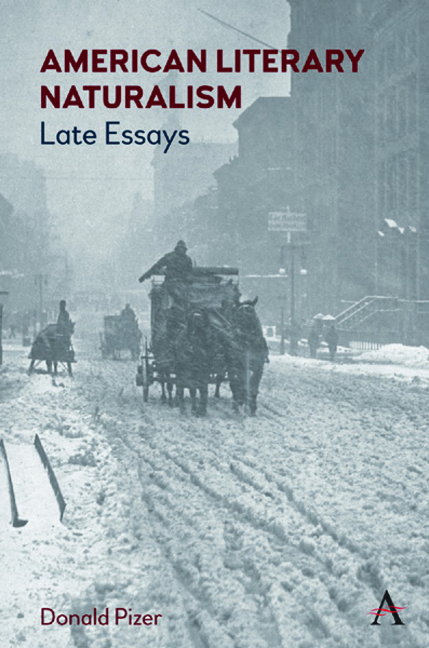6 - John Dos Passos and Harlan: Three Variations on a Theme
Published online by Cambridge University Press: 22 February 2022
Summary
John Dos Passos's brief but intense encounter in November 1931 with labor strife in Harlan County had a significant impact on his sensibility. His three literary representations of the occasion—Harlan Miners Speak (1932), “Harlan: Working under the Gun” (1931), and “The Camera Eye (51)” in The Big Money (1936)—vibrantly envision this significant moment of Great Depression class warfare as marked by an impoverished working class, grasping capitalists, and uncaring or corrupt civil authorities. In addition, Dos Passos's engagement with Harlan by means of three works employing strikingly different modernistic modes—the documentary, reportage, and stream of consciousness—reveals his response to the problem of the artistic method to be pursued by the engaged modernist writer. They reveal, that is, his suspicion of the documentary with an ideological agenda and confirm his greater faith in either an art object constructed out of the moment's salient aspects (reportage) or a dramatic rendering of the deepest level of the writer's personal response to the moment (stream of consciousness).
I
Harlan and Bell are adjoining counties in southeastern Kentucky. Almost always on the edge of poverty because of the absence of arable land, they had benefited from the arrival of the coal-mining industry in the late nineteenth century and had even experienced a period of relative prosperity during World War I. By the late 1920s, however, the area was suffering from the worldwide overproduction of coal. The onset of the Great Depression intensified the dire economic condition of the coal industry and especially that of its miners. Coal mine operators, a group consisting of some small owners but dominated by the great capitalist families of the day—the Rockefellers, Morgans, Mellons, and the like—responded to diminishing returns on investment by cutting wages. The miners themselves had in large numbers joined the United Mine Workers of America (UMW) during the war years, and during the late 1920s and early 1930s had engaged in several strikes, all of which were unsuccessful. The mine owners had as their principal weapon against the strike the fact that mining was the only industry in the area and that miners could thus be starved out—that is, the owner could refuse to negotiate and either hire nonunion labor or temporarily close down, in either case leaving striking miners adrift without support.
- Type
- Chapter
- Information
- American Literary NaturalismLate Essays, pp. 81 - 100Publisher: Anthem PressPrint publication year: 2020



